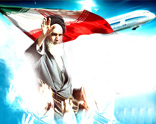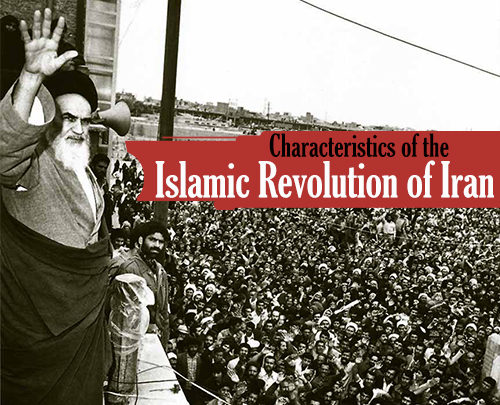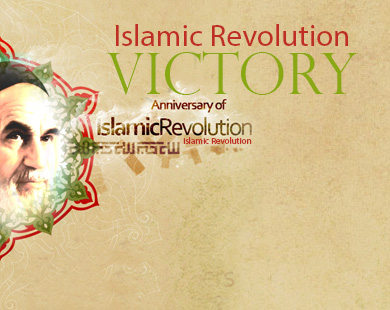At a meeting of the foreign ministers of Iran and Iraq in New York, a decision
was made to deport Imam Khomeini from Iraq. On 2 Mehr 1357/24 September 1978,
Iraqi troops laid siege to Imam Khomeini's house in Najaf. The news of the siege
angered the Muslims in Iran, Iraq and in other countries. In his visit to Imam
Khomeini, Iraqi security chief, had indicated that if Imam wished to stay in
Iraq he must give up his challenge and politics, and the Imam had strongly
replied that, due to the responsibility he felt for the Muslim ummat, he was not
willing to remain quiet nor was he willing to make a compromise. On 12 Mehr,
Imam Khomeini left Najaf for the border of Kuwait. The government of Kuwait did
not let the Imam in on a hint by the Iranian regime. Previously, there was talk
of Imam’s departure for Lebanon or Syria. However, after consulting his son (Hojjatol-Eslam
Hajj Sayyed Ahmad Khomeini), the Imam decided to migrate to France and on 14
Mehr, he entered Paris and two days later, he was stationed in the house of an
Iranian, in Neauphle-le Chateau (a suburb of Paris).
Officials of the Palace de l'Elyse apprised the Imam of the views of the French
President that the Imam must not indulge in politics. The Imam's sharp reaction
and answer was that such limitation contradicts the France's claim to democracy,
and that he would rather, commute between airports, from one country to another
than give up his objective.
Giscard d'Estaing, the then French President, has expressed in his memoirs that
he had issued order that the Imam be expelled from France, but at the last
moment the diplomatic delegates of the Shah, who were despondent in those days,
advised Giscard d'Estaing of the danger of a vehement and uncontrollable
reaction by the people, and had declared themselves exempt from the
repercussions of such reaction, in Europe and in Iran. During the four-month
stay of Imam Khomeini in Paris, Neauphle-le Chateau was the most important news
center in the world. Imam Khomeini's various interviews and his visits revealed
to the world, his views of Islamic government, and the future aims of his
movement.
Thus a larger number of people of the world became familiar with the Imam's
thought and his uprising, and it was from this stage and station that he guided
the most critical period of the movement in Iran.
The Sharif-Emami's government lasted no more than two months. The Shah bestowed
chairmanship of the cabinet to Az-hari's military government.
Killings were accelerated, though they did not effect the people's uprising. The
desperate Shah asked the American and British embassies for a solution but none
of their former plans had been useful. Multi-million-man demonstrations, which
were termed "people's informal referendum against the Shah's monarchy", were
held on the days of Tasooa and Ashura (9th & 10th of Moharram), in Tehran and
other cities. Shapoor Bakhtiar, a National Front top man was the U.S.'s last
dice to be introduced to the Shah as the Prime Minister. Leaders of the four
industrial nations at Guadalupe had expressed their joint views in support of
Bakhtiar. Following this, General Huyser, Deputy Commander of NATO, made a trip
to Iran on a secret mission for two months. He later revealed in his confessions
that his mission was to secure the support of the military forces for Bakhtiar,
to organize his government, break up the strikes and prepare a coup d'etat for
returning the Shah to power--similar to what had happened on 28 Mordad 1332.
But, Imam Khomeini's messages about the necessity to continue the fights, made
all Huyser's plans fall through. In Day 1357/December 1978, Imam Khomeini
established the Revolutionary Council. The Shah fled the country on 26 Day, two
days after calling to meeting the Council of Monarchy and obtaining vote of
confidence for Bakhtiar’s cabinet. News of the Shah's departure delighted the
people in Tehran, and then all over the country people poured out in the
streets, singing and dancing. Huyser's regular meetings with U.S. military
advisors and generals of the Shah's army could not help Bakhtiar to suppress the
strikes and end the people's uprising.


















